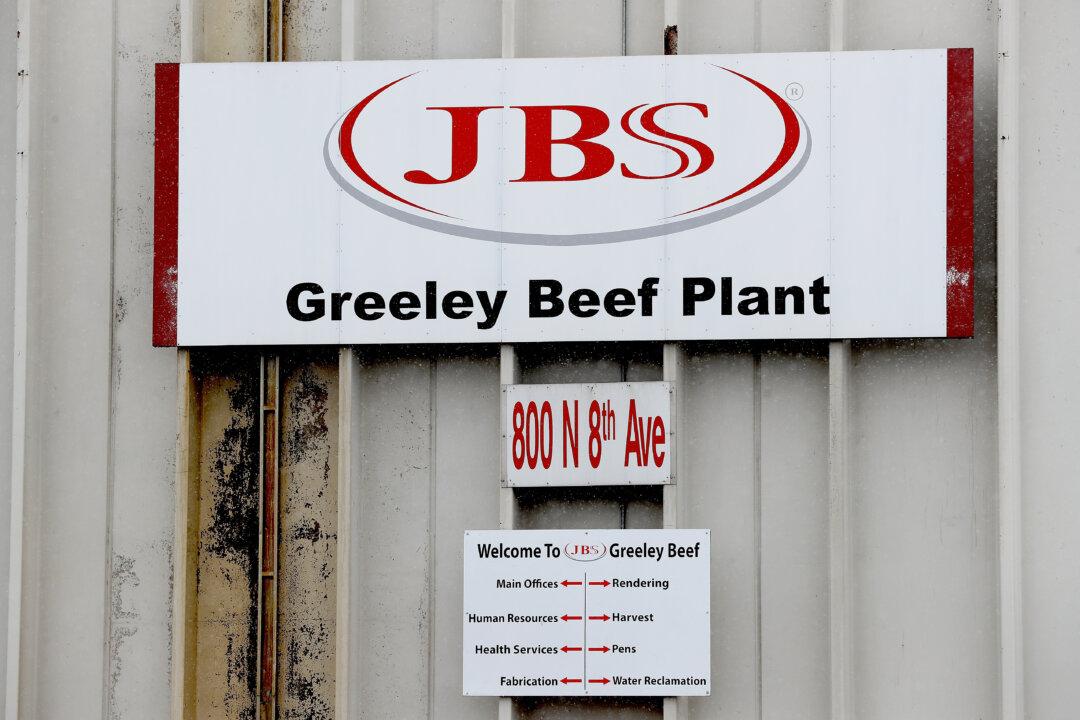Energy-industry analysts Rystad Energy say they expect natural gas production in the west-Texan Permian Basin to rebound quickly this year, but caution that reductions in key pipeline investments in the wake of the CCP virus crisis could result in increased flaring of natural gas from 2023.
Gas Pipeline Delays Could Increase Flaring and Carbon Emissions, Experts Claim
Pipeline postponement, cancelation could increase net GHG emissions

Oil pump jacks work behind a natural gas flare near Watford City, N.D., on Dec. 17, 2014. Eric Gay/AP Photo
|Updated:




